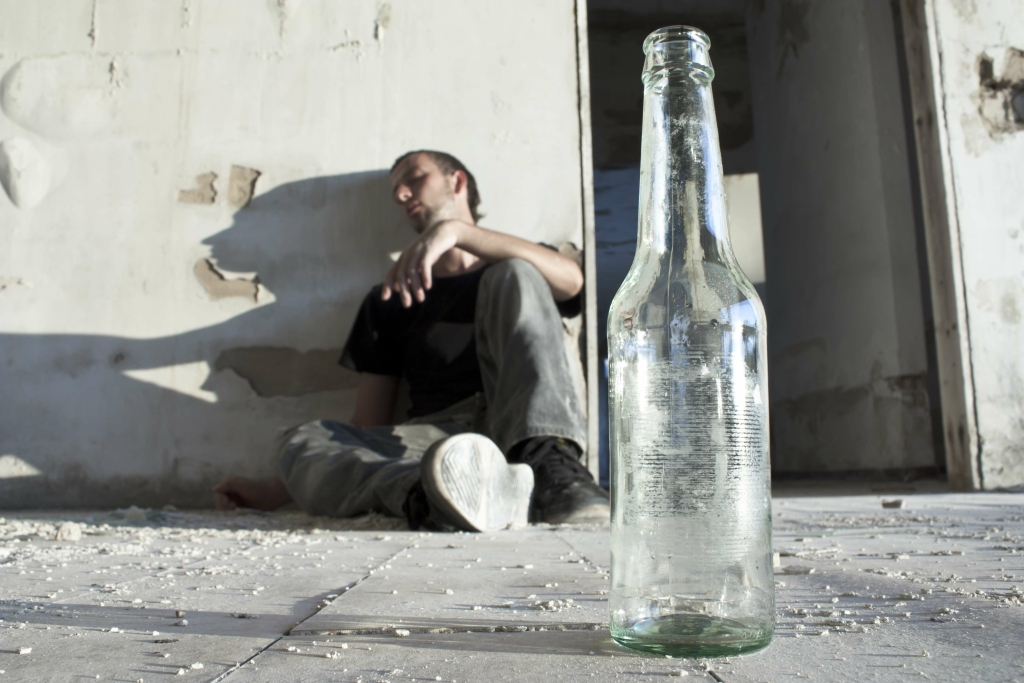Detoxification alone without subsequent treatment generally leads to resumption of drug use. Teens and screens notoriously share a complex relationship that can jeopardize long-term mental health and well-being. https://thetennesseedigest.com/top-5-advantages-of-staying-in-a-sober-living-house/ • Identity—shifting towards a new, positive view of oneself, one more aligned with one’s deeper values and goals, one built on self-confidence gained by acquiring new skills and new behaviors.
- It plays a significant role in the recovery journey by helping individuals identify the behavioral patterns that may have fueled their addiction.
- For example, they may say they are drinking a lot because they are stressed because of work.
- Brains are plastic—they adapt to experience—and people can change and grow, develop an array of strategies for coping with life’s challenges and stressors, find new means of satisfaction and reward, and negotiate life ahead.
- Others in the precontemplation stage may feel hopeless and helpless about their situation or overwhelmed by the energy required to make a change.
- Treating these issues simultaneously can lead to more successful recovery outcomes.
Neurological Impact and Behavioral Reprogramming
Each phase is mutually exclusive and requires reinforcement of intentions to scale through. This stage may also be characterized by continuing to attend meetings, speaking with sponsors and, ultimately, living life free from the temptation of drugs or alcohol. The fourth stage is arguably the most important and transitional stage in the recovery process. This is because this stage is characterized by taking action outside of admitting that there is a problem. The stage of pre-contemplation is characterized by denial and continued use of drugs or alcohol.
Holistic Approach to Relapse Prevention
Some group members find that participation in religious or faith groups meets their needs for affiliation and support. For long-term, chronically impaired people with addictive histories, highly intensive participation in 12-Step groups is usually essential for an extended period of time. For some clients, chiefly those mandated into treatment by courts or employers, grave consequences inevitably ensue as a result of relapse.
Comprehensive Rehabilitative Services
Helping a person recovering from an addiction can come down to helping them connect to treatment—if they’re not already doing so—and encouraging support groups like AA. The people this person meets in these meetings are much better positioned to encourage their sobriety than family members are. This article will describe the foundation of the steps, what each of the 12 steps of recovery means, what to expect when doing the steps, and how to help a person recovering from an addiction. As such, you don’t see the need for change and may resist any attempts to help you. In substance abuse cases, this stage often manifests itself as denial and a reluctance to seek treatment or make changes.
- Such triggers are especially potent in the first 90 days of recovery, when most relapse occurs, before the brain has had time to relearn to respond to other rewards and rewire itself to do so.
- Although addiction tends to cut people off from longtime friends, social support is a significant predictor of recovery.
- The finding on the wheel of change crosses gender, age, social status, and other personal inclination.
- If you or a loved one is recovering from a stroke, learn how inpatient rehabilitation can help.
- Clients sometimes think that they have been so damaged by their addiction that they cannot experience joy, feel confident, or have healthy relationships [9].
- If yourself or a loved one is suffering from substance abuse, you’re going to want to ensure that you read this.
- They must confront the damage caused by addiction to their relationships, employment, finances, and self-esteem.
- The Diagnostic and Statistical Manual of Mental Disorders (DSM) avoids the terms addiction and recovery.
- How long it takes to recover from a stroke is different for everyone and is difficult to predict.
I find it helpful to encourage clients to compare their current behavior to behavior during past relapses and see if their self-care is worsening or improving. I have also included a link to a public service video on relapse prevention that contains many of the ideas in this article and that is freely available to individuals and institutions [5]. Indeed, there are emerging qualitative data based on retrospective interviews with people in long-term Sober House recovery (i.e., they report on their past experiences) in support of this theoretically-grounded model of recovery over time. Even for people who initiate and sustain recovery, it can take many recovery attempts over the course of several years 9+ years. Once individuals make that initial change and establish a period of early remission (i.e., 3 months), how well they can maintain and build on that change is key – during the “maintenance” stage.
- Sleep is essential for shoring up impulse control and fostering good decision-making.
- Therapeutic strategies also should take into account the important role substance abuse has played in the lives of people with addictions.
- Addiction Resource aims to provide only the most current, accurate information in regards to addiction and addiction treatment, which means we only reference the most credible sources available.
Your sponsor is meant to provide guidance, support, and understanding during the steps process. Understanding the stages can help you determine your progress and what to expect regarding challenges and successes. This knowledge can provide motivation and a sense of direction for your recovery journey.

Maintenance and Relapse Prevention

